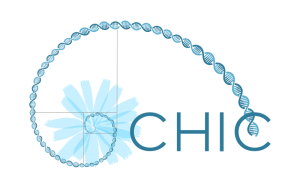Measuring the Socio-economic and Environmental Impacts
With any project of this nature and size, researchers also evaluate the socio-economic and environmental impacts. Therefore, a socio-economic impact assessment and an environmental assessment of molecular breeding technologies and the whole value chain are continually being performed. In addition to these quantitative assessments, qualitative research on societal issues hindering or facilitating chicory innovation will be part of the assessment.
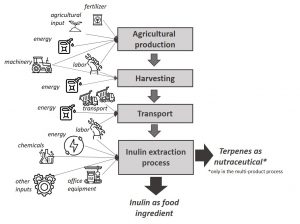 Within the socio-economic assessment, the impact of different NPBTs on economic and social indicators are quantified using GDP, production volume, growth, competitiveness, and employment indicators. The distribution of wealth and income between different sectors and regions within the EU and the global economy will also be assessed. The LCA provides information on different aspects like greenhouse gas emissions, primary energy demand, and land use of the new value chain developed in CHIC.
Within the socio-economic assessment, the impact of different NPBTs on economic and social indicators are quantified using GDP, production volume, growth, competitiveness, and employment indicators. The distribution of wealth and income between different sectors and regions within the EU and the global economy will also be assessed. The LCA provides information on different aspects like greenhouse gas emissions, primary energy demand, and land use of the new value chain developed in CHIC.
With broad input of all partners, concepts were defined that differ in aspects such as whether CRISPR edited chicory is regulated as GMO or not, whether it is grown in the open field or greenhouses, and what type of products are isolated from them. These concepts are evaluated for their socio-economic and environmental impacts. CRISPR edited chicory show positive effects on socio-economics and environmental impacts. With higher inulin content in the chicory roots or the enabling of the production of new health promoting ingredients such as sesquiterpene lactones, positive economic effects can be generated and GHG emissions as well as primary energy demand can be reduced compared to the reference inulin process.
Check out Work Package 5 video –
Work Package Leader
 Maria Hingsamer, WP5 Coordinator
Maria Hingsamer, WP5 Coordinator
Socio-economic and Environmental Impacts on the Whole Value Chain
CHIC News!
Follow us!

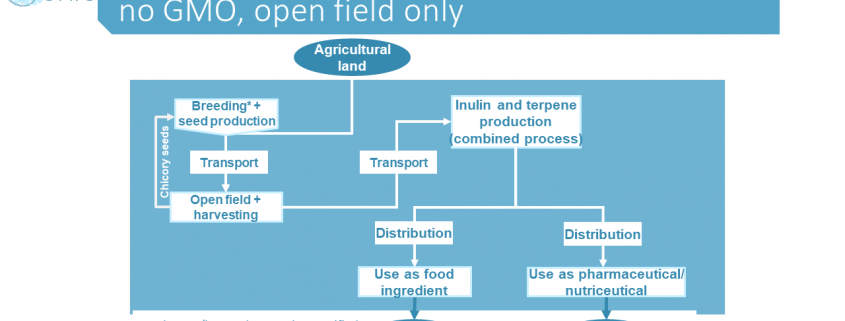


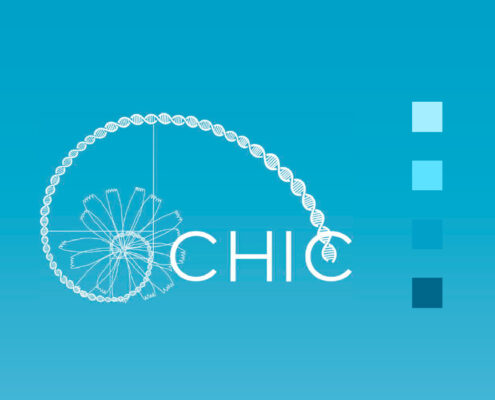

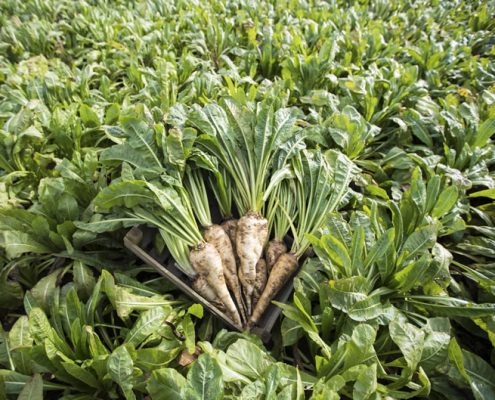
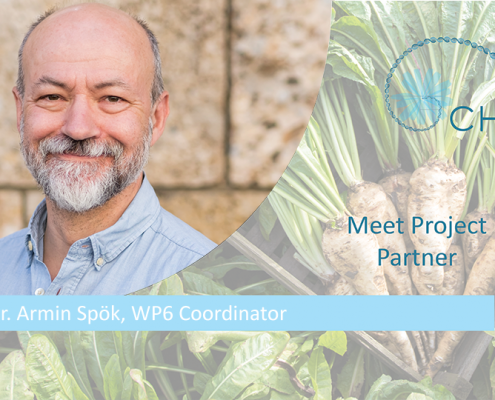
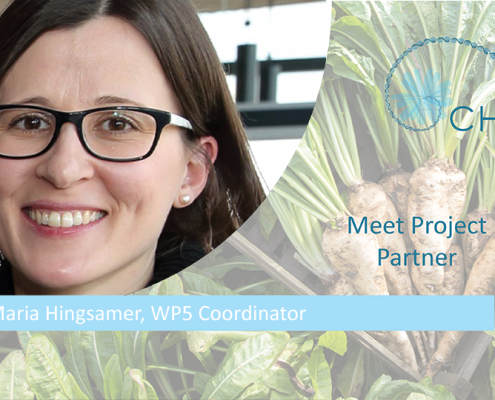
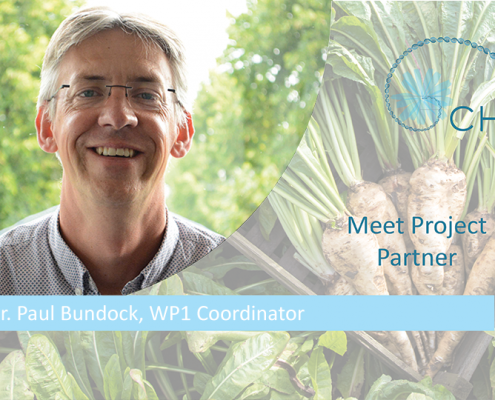
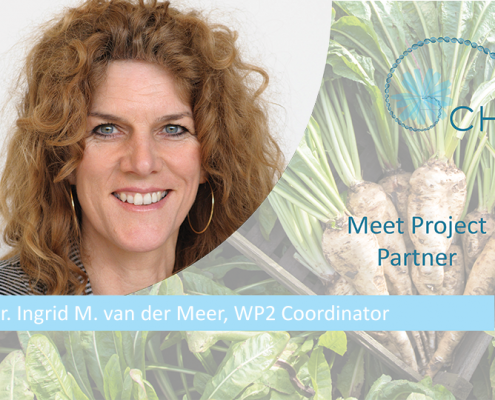
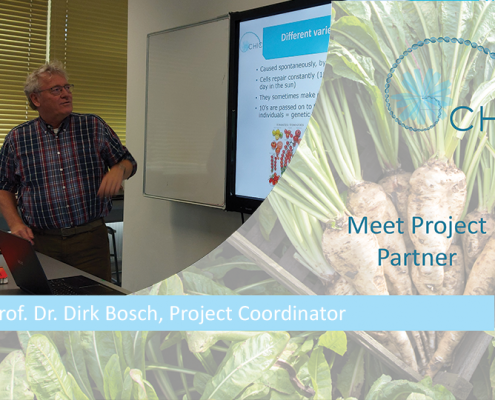
 This project has received funding from the EU Horizon 2020 research & innovation programme under grant agreement N. 760891.
This project has received funding from the EU Horizon 2020 research & innovation programme under grant agreement N. 760891.

